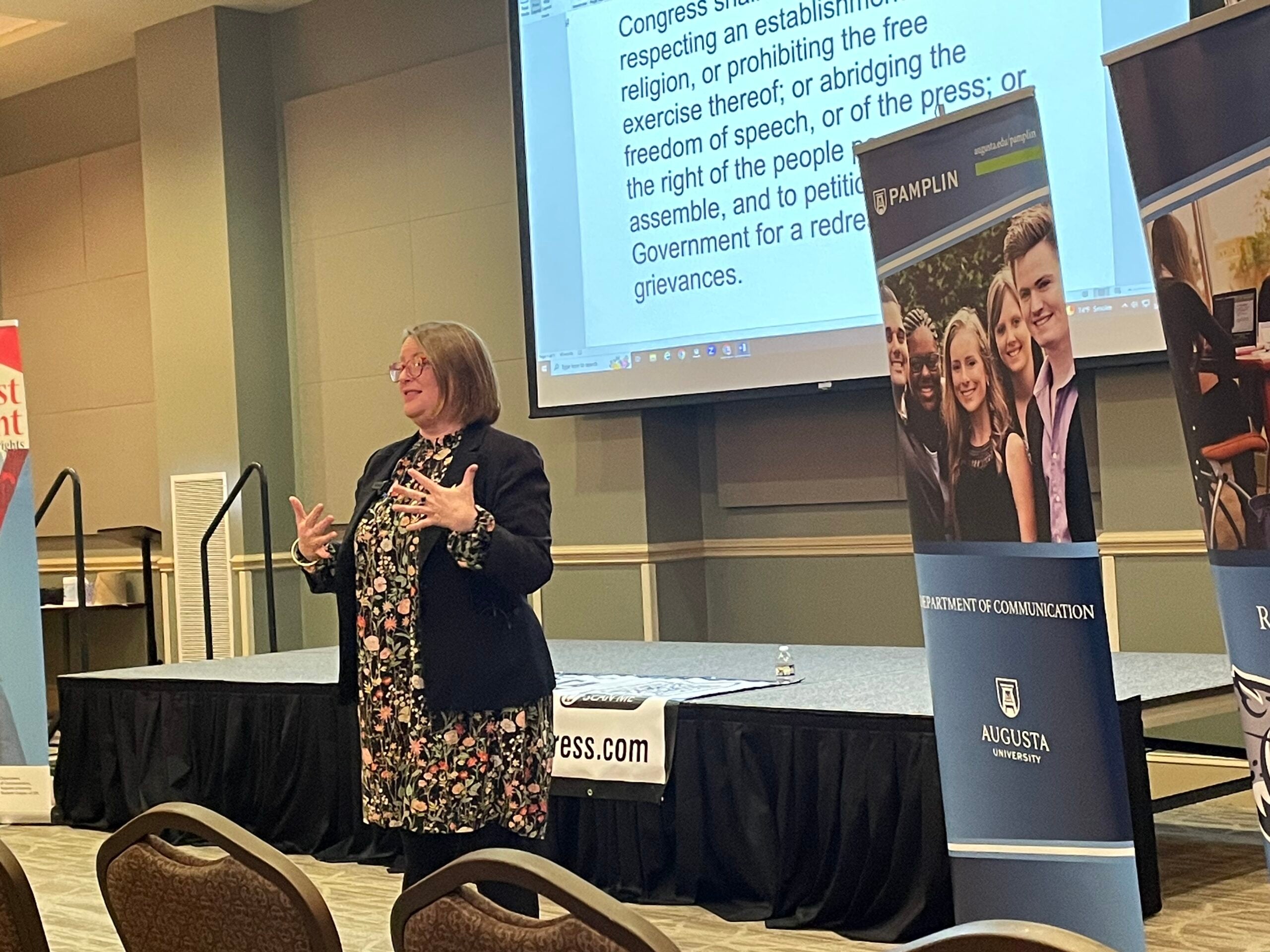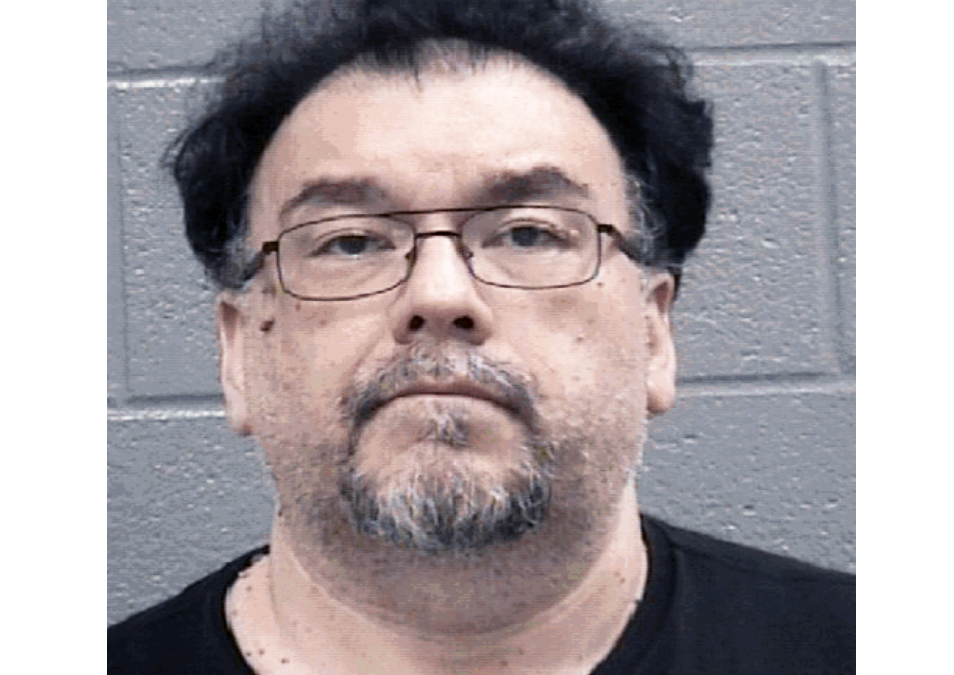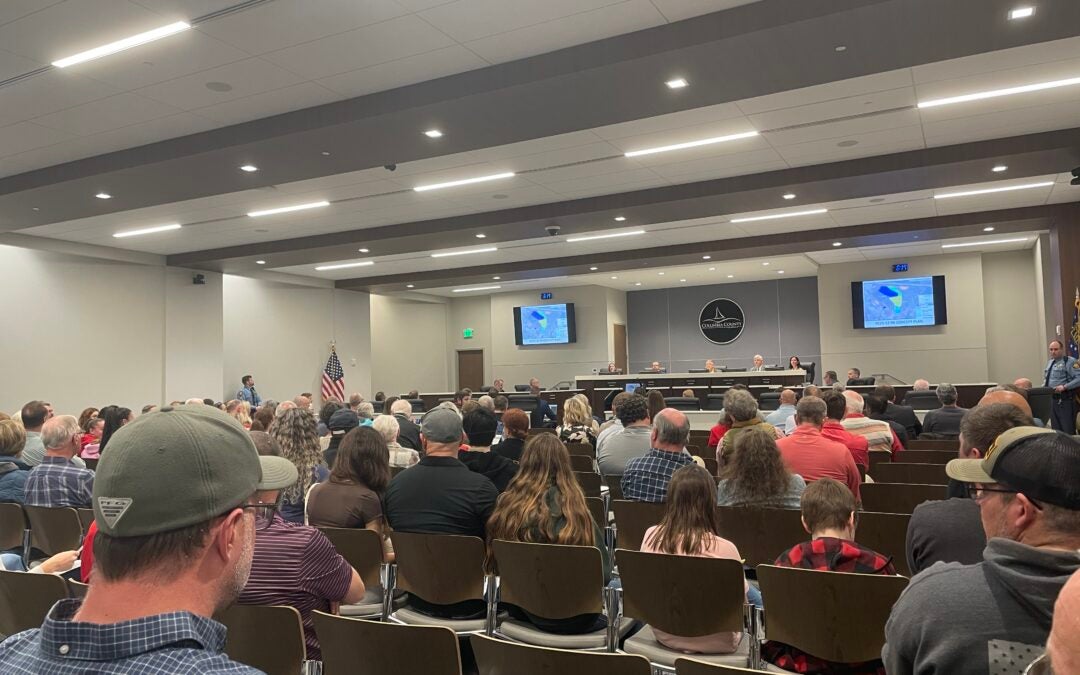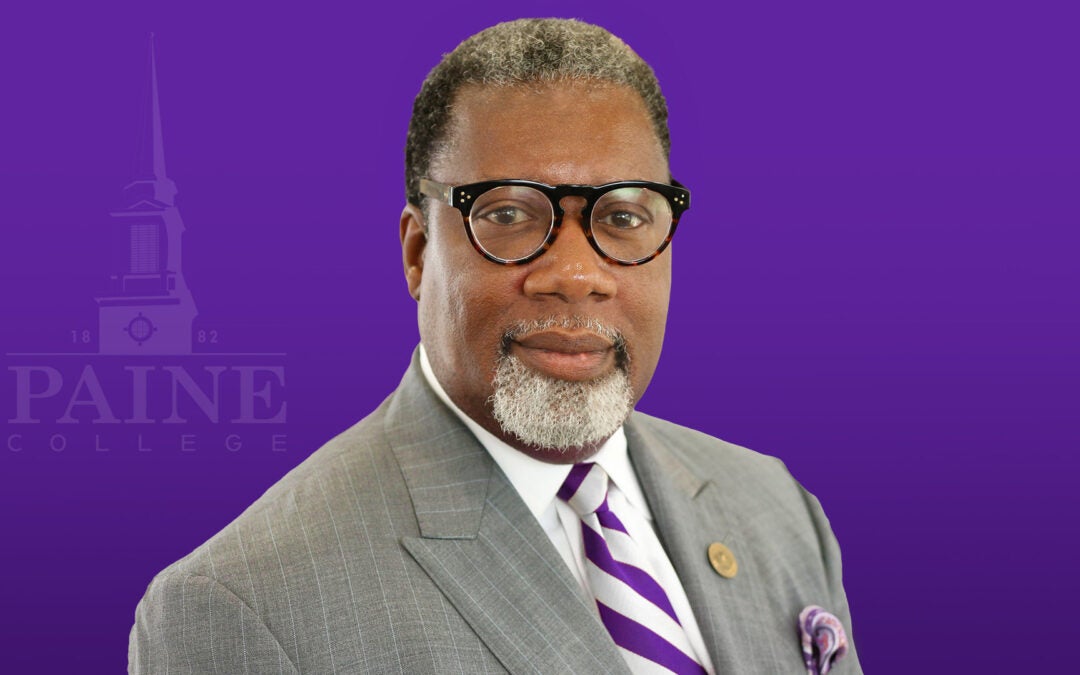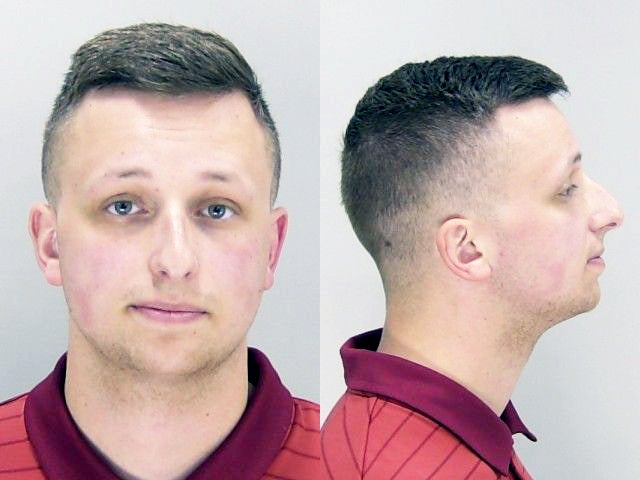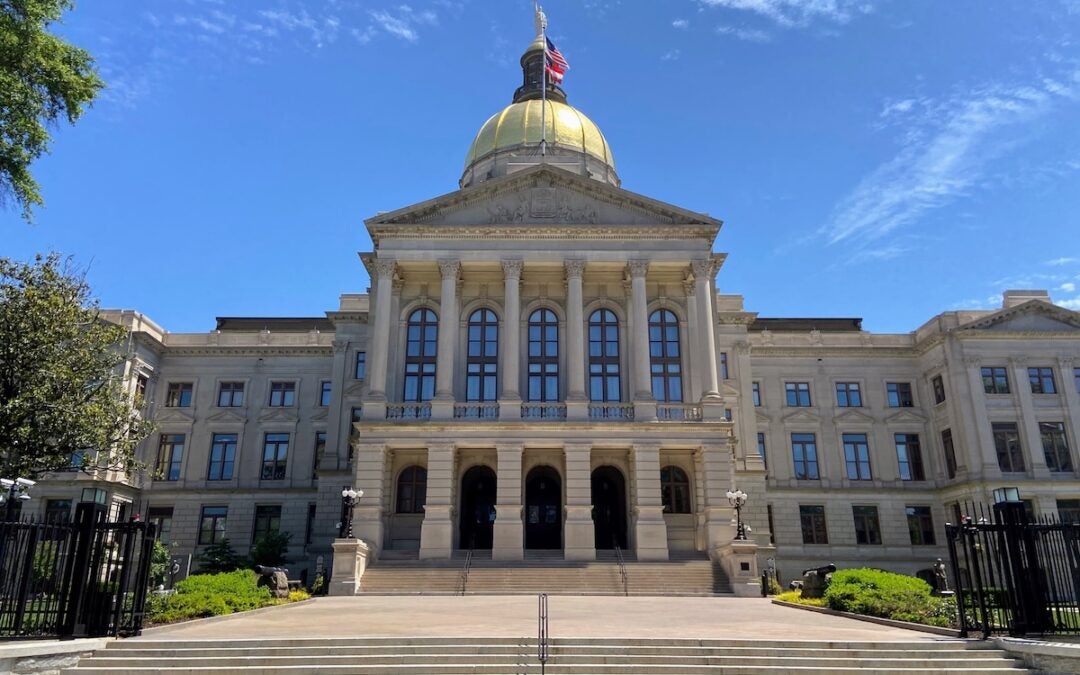The First Amendment of the U.S. Constitution, which establishes the right of citizens to free speech, was ratified in 1791. However, as the individual freedom of speech has further developed through court cases from the early 20th century onward, it has primarily been about where one is physically standing, explained civil rights lawyer Lee Rowland to Augusta University students Tuesday.
There are three places, she explained, that the Supreme Court and all other federal courts have frequently held comprise public forums, where First Amendment rights are at their peak: streets, sidewalks and public parks.
“First amendment rights are… about physical geography,” said Rowland, making sure to note exceptions, such as the rights of the press. “When you’re looking at a question about how much of a First Amendment right you have to do anything, pretty much the first question you always need to ask is ‘where are you? What is the type of physical space you’re standing on?’”
Rowland was the keynote speaker for this year’s annual Future of the First Amendment Lecture, in the Jaguar Student Activities Center Ballroom. AU Libraries and the Pamplin College of Arts, Humanities and Social Sciences coordinated the event, of which The Augusta Press was a sponsor.
The title of this year’s address was First Amendment 2.0. Rowland, the executive director of the National Coalition Against Censorship, discussed the impact of the internet on potential future ways the law may interpret the rights outlined in the Constitution.
MORE: Augusta mayor kicks off campaign for vote
Early in her talk, Rowland underscored that the protected right of free speech only guarantees freedom from government interference, not from that of private individuals, institutions or businesses.
“‘Censorship’ is a term of art,” she said. “Which means the government shuts you up.”
She went on to discuss the implications of this understanding of censorship in relation to the First Amendment for internet users, particularly on social media.
From one perspective, she said, the matter is clear whether social media companies, such as Meta (formerly Facebook) and TikTok, can effectively censor user-produced content on their platforms.
“If you want to be a purist about the First Amendment, [social media companies] are not constitutional actors,” Rowland said. “The government has no place in telling the world of the internet what it can or cannot do, and that’s the end of it.”
Rowland then indicated, however, that this understanding of the right to free speech, dependent upon a strict “lawyerly” interpretation rather than deeper, overarching principles of free expression, may have adverse ramifications for how the amendment is applied.
She decried the common phrase “shouting ‘fire’ in a crowded theater,” citing Schenck v. United States, the 1919 Supreme Court case from which it originates, in which socialist activists Charles Schenck was convicted for distributing anti-war flyers to draft-age men during World War I.
She then referred to Brandenburg v. Ohio, the 1969 Supreme Court case that largely overturned Schenck v. United States and was a landmark decision affecting the “clear and present danger” doctrine.
The decision reversed the conviction of Ku Klux Klan leader Clarence Brandenburg, who encouraged violence against African Americans and Jewish people in a speech during a rally.
To continue the theme of the ongoing struggle to define free speech, Rowland then referred to the 1982 case NAACP v. Claiborne Hardware Co., in which Charles Evers, brother of civil rights activist Medgar Evers, used violent rhetoric during a 1968 march on the county courthouse in Claiborne County, Miss. The Supreme Court ruled in favor of Evers.
“We have to fight for those results,” Rowland said. “I think we’re in the middle of that space now, and I invite you all to fight for that world with me.”
Skyler Q. Andrews is a staff reporter for The Augusta Press. Reach him at skyler@theaugustapress.com.

